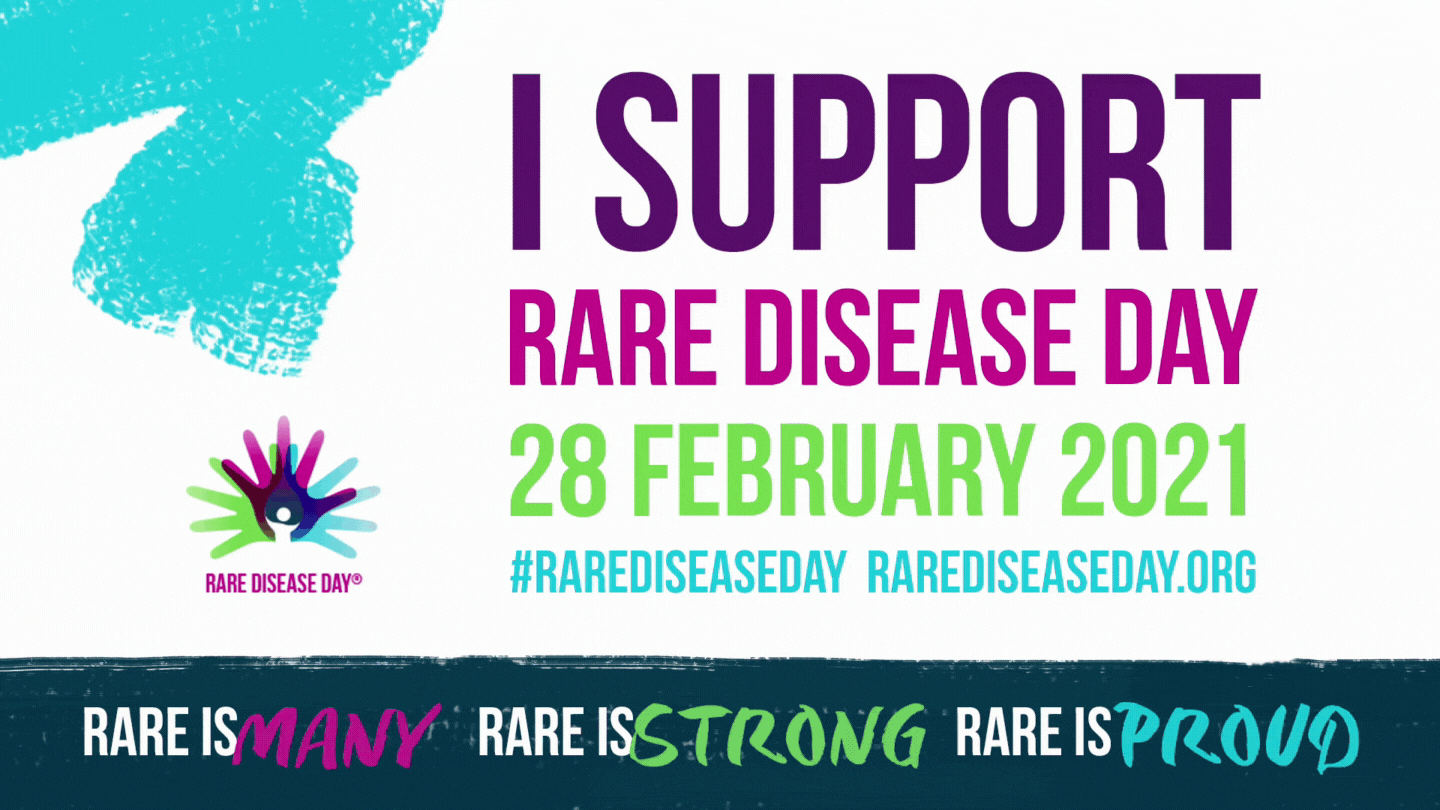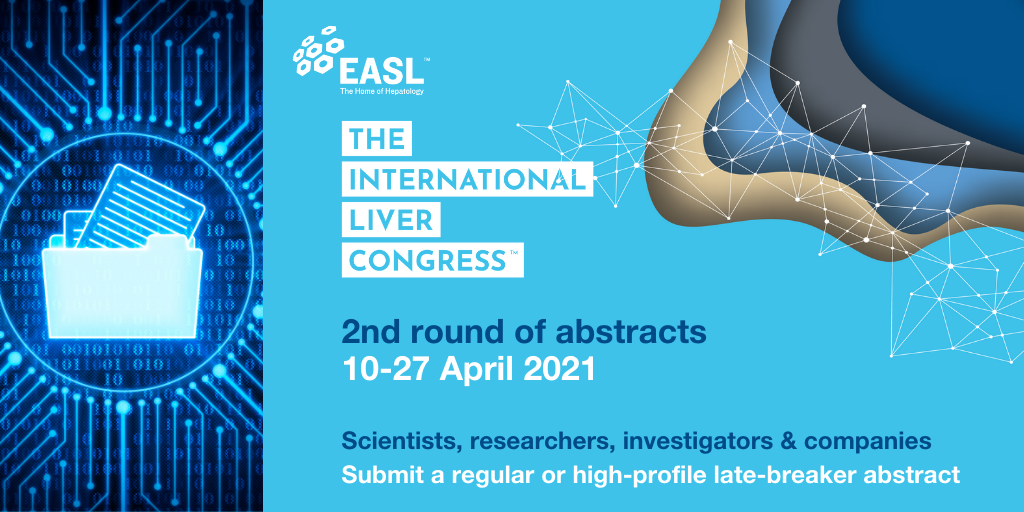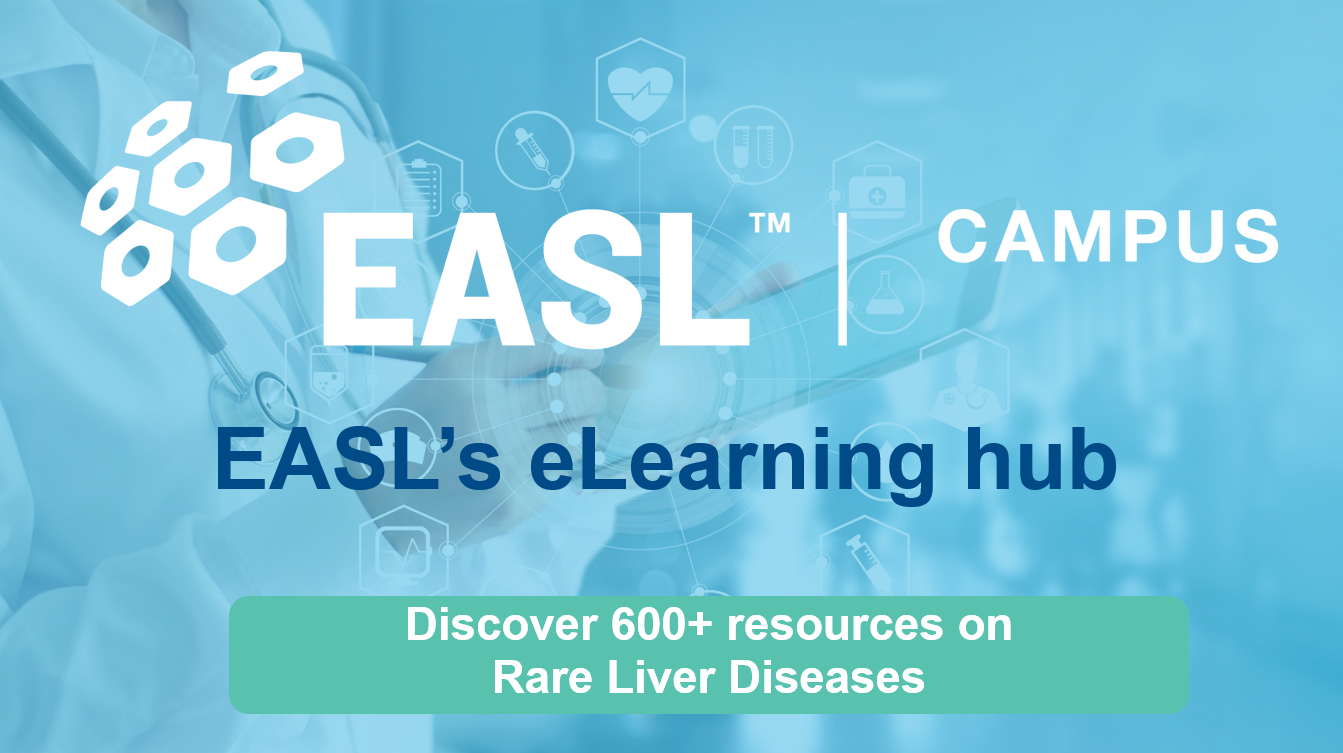On Rare Disease Day, we honour the many, the strong, the proud
EASL honours Rare Disease Day, taking place this Sunday, 28 February. An estimated 300 million people globally are affected by rare diseases – diseases of which 6,000 have been identified.
The day serves to raise awareness among the general public and decision-makers about rare diseases and their impact on patients’ lives – patients who struggle to get correct diagnoses and the treatment and care they urgently need.
The slogan for the day is: “Rare is many. Rare is strong. Rare is proud.”
What is the status quo of rare liver diseases in Europe?
- More than 30 million people in Europe are living with a rare disease
- Around 400,000 of them live with a rare autoimmune liver disease
- There are around 100 identified rare liver disorders
- Around half of rare liver diseases can start in childhood
Primary sclerosing cholangitis (PSC), like 95% of other rare diseases, has no medical treatment, and for the remaining 5%, there is inequity of access to treatment between nations. Collectively, ‘rare is many’ and rare diseases are a significant public health burden. For example, despite being rare, PSC is one of the leading indications for liver transplantation in Europe. Patient communities are committed to collaborate with organisations like EASL and ERN RARE-LIVER to drive and champion innovative research and improve access to expert healthcare
said Martine Walmsley, Chair of Trustees, PSC Support (for patients with primary sclerosing cholangitis), and PSC patient herself, and member of EASL’s Policy and Public Health Committee.
With whom does EASL engage to fight rare liver diseases?
At EASL, we are boosting partnerships with umbrella patient organisations engaged in liver diseases, including rare ones, through our Patient Synergies activities. We have also published topical patient-centred resources, such as the lay summary, Care of Patients with Liver Disease during the COVID-19 Pandemic.
Additionally, EASL is closely engaged with ERN RARE-LIVER, a Europe-wide network for centres of excellence in the clinical management of rare liver disease in adults and in children. ERN RARE-LIVER covers paediatric and adult care for nearly 100 rare liver disorders. Together, we aim to help improve care and to advance rare liver disease research and education. We will be jointly running webinars (see below) and Schools, enabling adult and paediatric hepatologists to learn the latest on managing rare liver disease patients.
How will rare diseases be tackled at EASL’s flagship congress, ILC 2021?
EASL encourages research into all areas of hepatology, including rare diseases. At ILC 2021, we are holding several relevant interactive and Meet-the-expert sessions.
Additionally, we have a dedicated abstract category, Rare liver diseases (including paediatric and genetic), which should generate poster activities and an oral abstract session.
Scientists working in this area are encouraged to submit abstracts in the second round together with late-breaker abstracts.
Interactive sessions
Genomic editing to treat liver disease, with experts Peter Bosma and Federico Mingozzi
Porto-sinusoidal vascular disease: a new name, a new entity? chaired by Theo Heller and Aurélie Plessier
Meet-the-expert sessions
Wilson’s disease, chaired by Anna Członkowska and Uta Merle
Liver diseases in patients with Fontan Surgery, chaired by Augustin Albillios and Audrey Payancé
What learning resources does EASL offer on rare liver diseases?
EASL Campus, our multidisciplinary eLearning hub, enable all those involved in the liver field to increase their expertise in hepatology. The platform offers a wide variety of open-access, state-of-the-art, interactive resources, including: online courses, podcasts, webcasts, eposters, infographics, and slide decks.
By logging into your free EASL Campus account, you can explore 600+ resources that pertain to rare liver diseases. These resources are useful to clinicians, researchers, researchers, nurses, allied health professionals, as well as patient organisations. In the months ahead, EASL and ERN RARE-LIVER are holding the following webinars, serving the community of professionals interested in rare diseases.
- Wilson’s Disease: therapy and emerging treatment
- Rare liver tumours: an update on HCC/CCA
- PBC therapy
- Portosinusoidal vascular disease
How is the European Union addressing rare diseases?
This month, a foresight study, Rare 2030, was published, proposing policy recommendations that will lead to improved policy and a better future for people living with a rare disease in Europe. The study, initiated by the European Parliament and co-funded by the European Commission Pilot Project and Preparatory Actions Programme, offers eight key recommendations to guide the reflection on rare disease policy in Europe through the next ten years and beyond.
EASL encourages this initiative and looks forward to following how these recommendations are implemented and how this will affect the treatment of patients with rare diseases and their healthcare teams.




